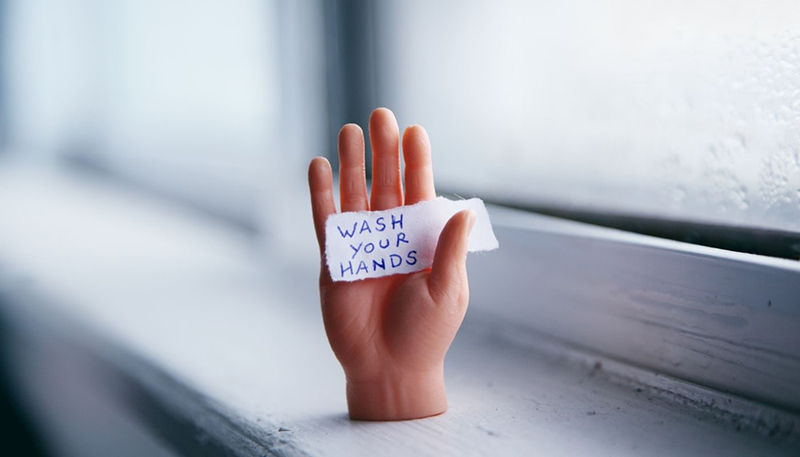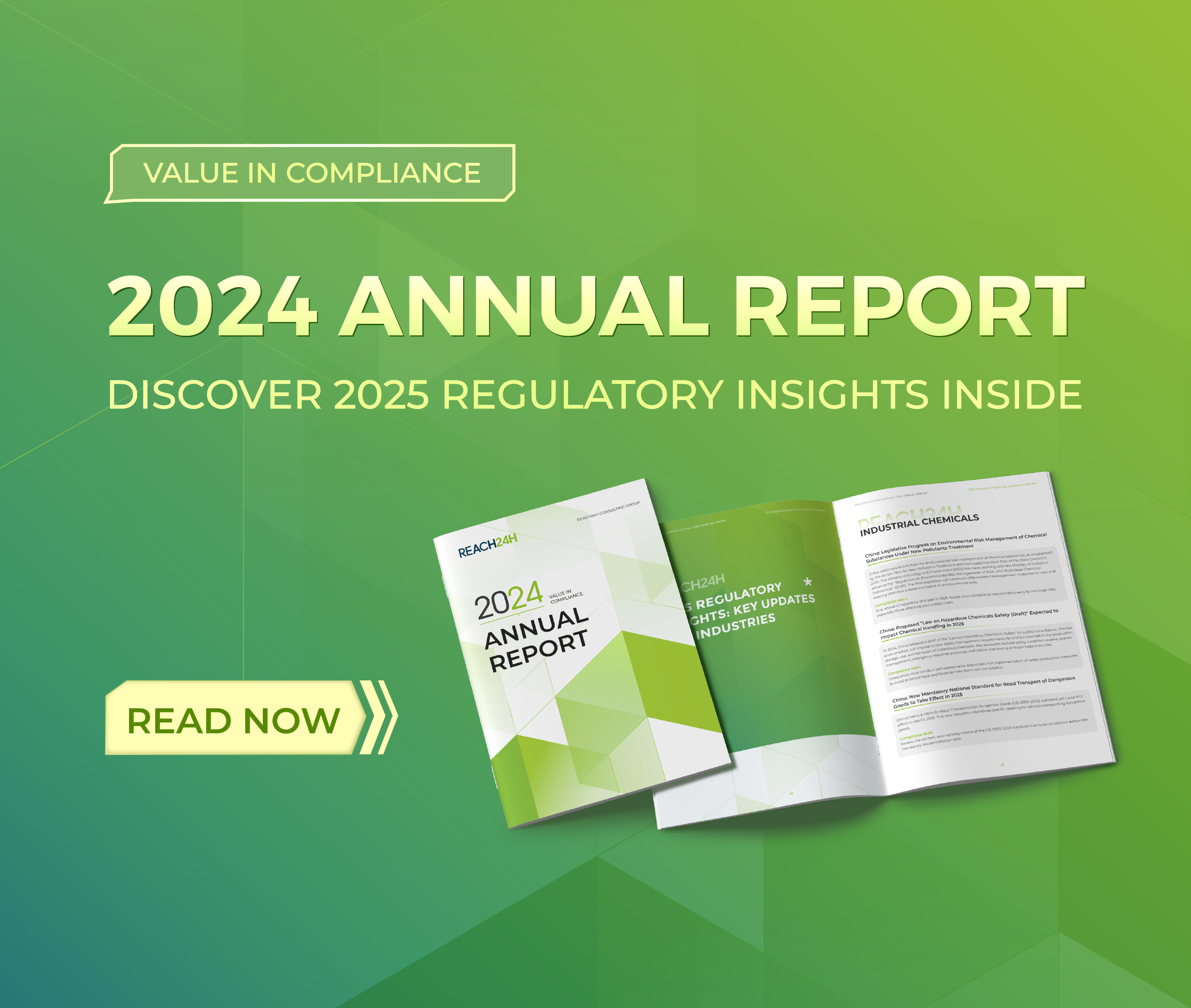COVID-19: A legacy in K-Beauty and beyond
As with industries across the world, cosmetics and personal care has had to adapt (and quickly) to the effects of the pandemic. There have been opportunities for innovation along the way and an increased dependence on e-commerce, but the industry has really had to demonstrate it’s resilience.
Mike Sohn is General Manager of consulting group REACH24H in Korea, and his expertise in market research has put him in the perfect place to observe these trends developing. We caught up with him about what he thinks will be the lasting effects of the pandemic and how the industry will fare going forward.
Back in March 2020, we couldn’t have predicted the scale in which COVID-19 would change the way we live and work. Many industries have been hard-hit, but some e-commerce platforms are booming. How does this translate to the cosmetics industry specifically?
E-commerce platforms have been up & coming in the beauty market for the last few years. Clearly, the pandemic has accelerated consumers’ dependence on online shopping as e-commerce platforms have now become the core location for distribution. The pandemic has also had a significant impact on sales of cosmetics which account for a high percentage of consumer goods.
Monthly online payments in Korea reached nearly $13 billion in October, up more than 20% from that of last year. The figure still shows a significant increase from February’s $11 billion.
Marketing strategies and product promotion have also moved online, meanwhile the reliance on platforms such as SNS (social networking services) has never been greater. Not to mention the market expansion driven by the influx of consumers in their 50s and 60s, sometimes known as ‘Silver Surfers’, into the online market.
In a sense, I believe that new functions and forms of products have also contributed to the expansion of the overall cosmetics categories as new life patterns such as masks and disinfectants have been developed.
The pandemic has changed consumer needs, with a renewed focus on hygiene, skincare and “maskne” and staying power for make-up products. Which areas have you seen an increase in popularity and were there any that you hadn’t expected?
There is no objection to the growing popularity and sales of disinfection-related products and skincare. Items such as non-residue makeup products have become more popular because both the number of people working at home has increased and the frequency of going out has decreased. Some experts expected the spread of colourful eye makeup trends that emphasize the exposed eye area but in reality, we have to accept the fact that no-makeup trend has deepened as a result.
Do you think this will have a lasting impact on demand for hygiene products in Korea, APAC and around the world?
The market in this field has not only expanded, but its sustainability can be guaranteed.
Suppose that the demand and usage rates of hygiene products are 10% prior to this pandemic – how about now? If 90% of people are using them, perhaps this demand will not revert to 10% even if this situation is terminated, and instead converge somewhere between 10 and 90. Therefore the market in this field has not only expanded, but its sustainability can be guaranteed.
Even though the vaccine is being rolled out globally, the timeline is yet unclear. With some countries receiving vaccines before others, what strategies will international beauty companies need to take to ensure marketability in all areas?
One thing that health professionals agree on is that this pandemic will not be going away soon. At this early stage of vaccination, nothing has been clearly defined. So, in the long term, international beauty companies must focus on online viral strategies with their distinctive core values. Secondly, they must continue to build credibility. Consumers have begun to strengthen their online verification process even further as they cut offline consumption and moved to the web. At this time, you can no longer use tester products at in-person stores, so you have to explore new products and decide the purchase through reviews of various platforms and related content on YouTube, Instagram, TikTok and etc. Claims and praise that lack authenticity or supporting data have little to no impact in the COVID era. With a clear focus on both of these strategies, brands will continue to strengthen and progress their online communication.
In your opinion, what has been the biggest learning for the beauty industry over the course of the pandemic?
I’d like to point out the ‘diversity & flexibility’ within the beauty industry is what makes the difference. During the pandemic, business has suffered, particularly companies specialising in makeup products, in-person stores and limited exporting. With that in mind, if target audiences, product categories, distribution channels and exporting countries are diverse, it is much easier to cope with industrial, political, geographical and other uncertainties.
Adaptation to rapid change is also key. Companies that quickly detected and responded to changes in markets, during the early phase of the pandemic, either minimised damages or generated profits. While traditional conglomerates were busy trying to devise strategies, niche brands dominated the market through rapid changes.
What is your outlook on the beauty market, specifically K-beauty, in 2021?
As mentioned earlier, the importance of diversity and flexibility in the Korean cosmetics market will increase in the future and the safety and reliability of products will be emphasised. For the time being, companies will be on the testbed for quick response and change, and consumers will make sure they’ve thoroughly checked everything.
In addition to this, from 2020 Korea has introduced the world’s first regulation for “Customised Cosmetics”. Although it has not received much attention so far due to the pandemic, it will move people towards pursuing ‘one’s own product’, which ultimately is the aim of each and every consumer.
In the long run, the life span of traditional popular brands will be shortened and the launch of new niche brands with distinctive philosophy will accelerate further.
K-Beauty exports have continued to grow in 2020 and has once again broken its annual record. This is because K-Beauty is synonymous with “fast”, “new”, “changing” and “challenging” values based on current market conditions, and moreover, future values. Therefore, in 2021, even if COVID-20 comes, it will continue to create values that matches the fickle market. Like a variant of the virus.
Reference Link: in-cosmetic connect





